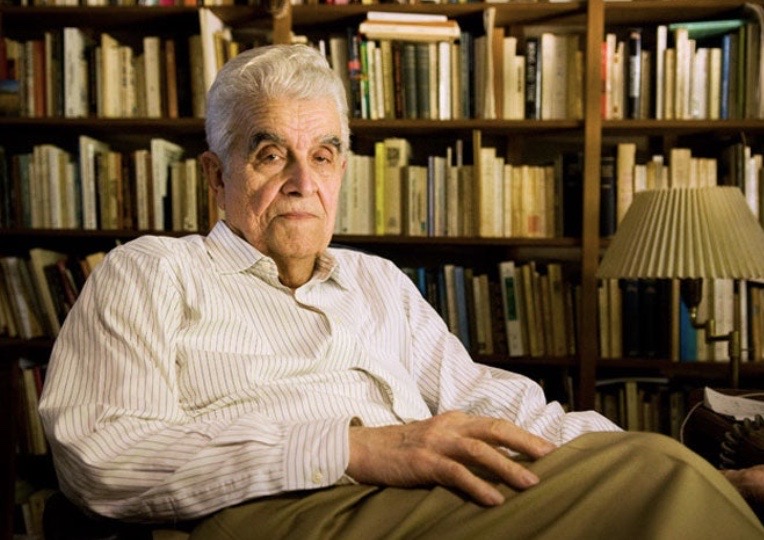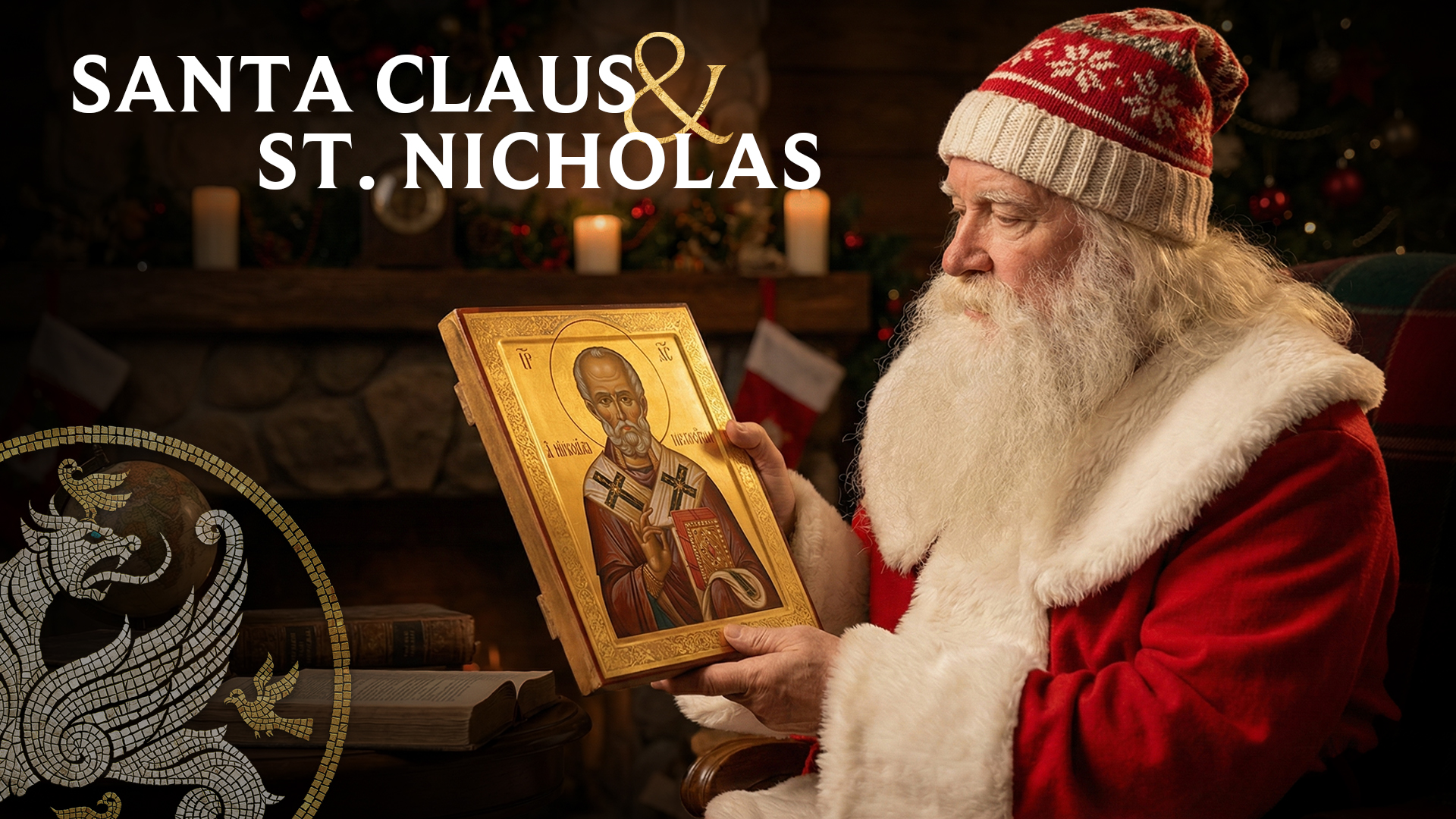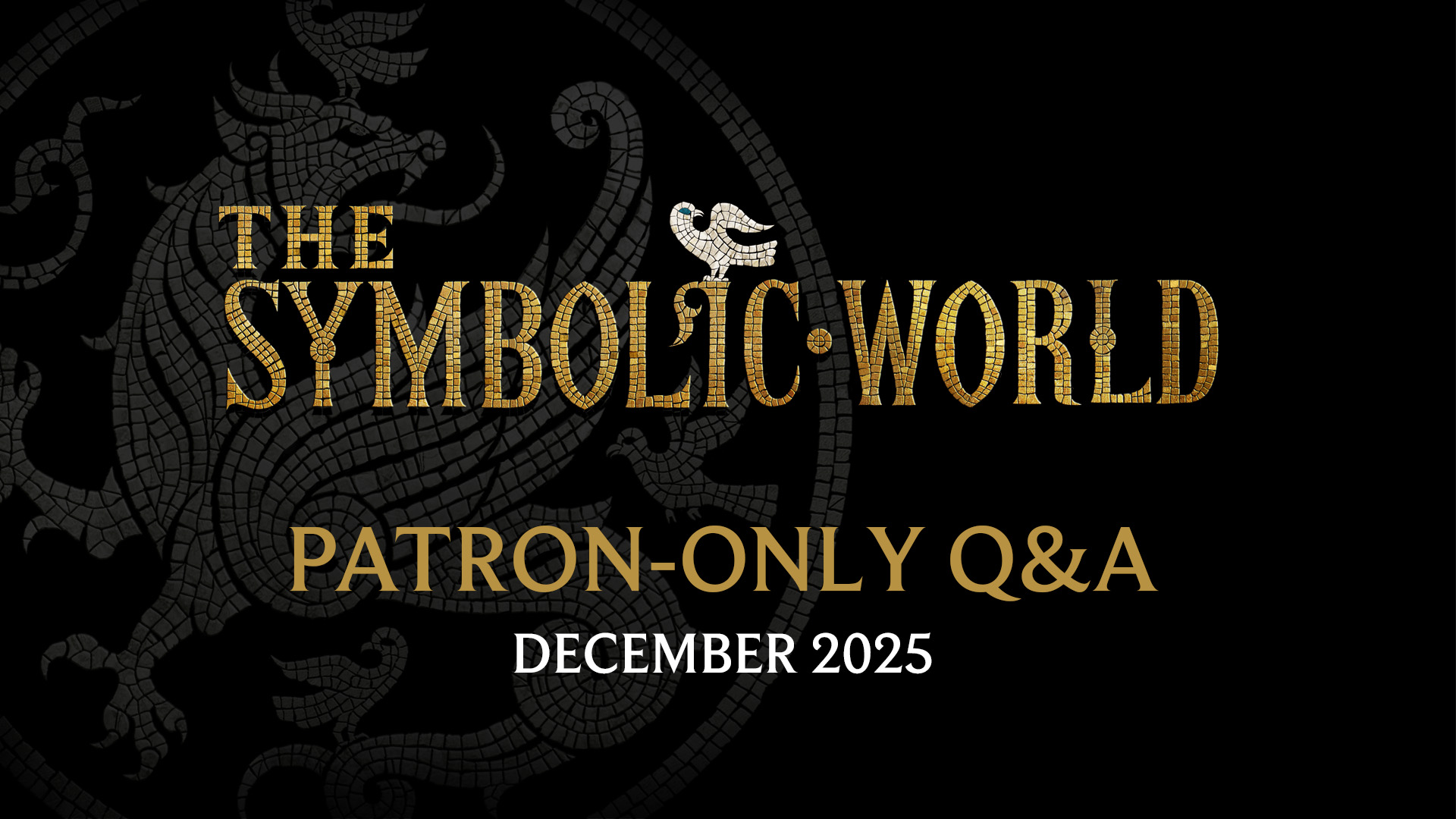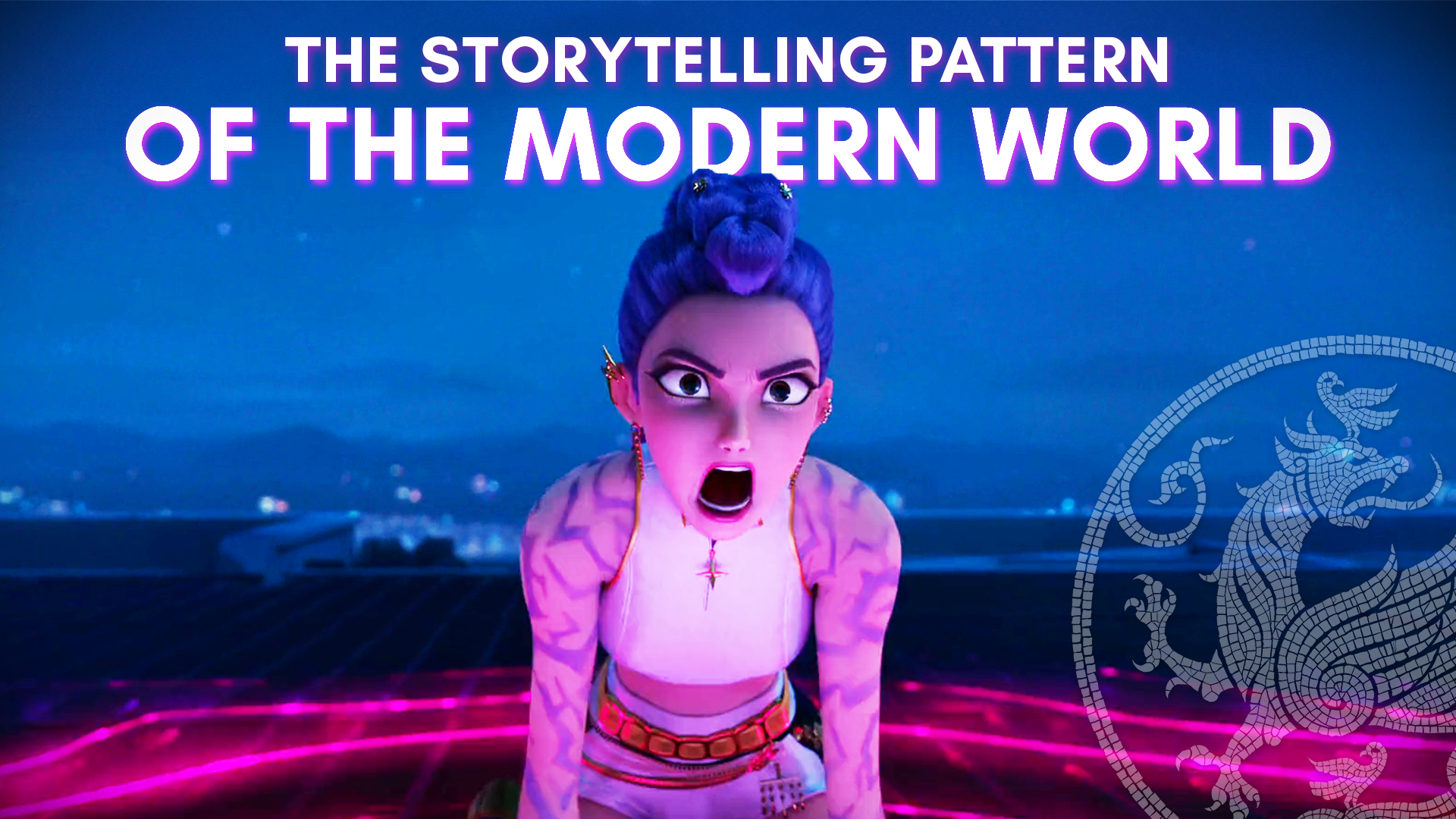
In his book The Black Swan, Nassim Taleb makes a powerful argument for symbolism, along with a powerful critique. He doesn’t quite use that language, but a frequent reader of this blog (or a frequent listener of John Vervaeke) would immediately understand the implications of what he writes regarding confirmation bias and the narrative fallacy. We need to constrain the world because it contains an infinity of details. But in doing so we exclude facts and fall prey to biases that can really come back and haunt us.
At the same time, Taleb is an Orthodox Christian who has defended the faith based on its long survival. He mentions the relationship between survival and truth in The Black Swan, but he expands on that mostly in a subsequent book titled Skin in the Game. The idea is that faulty symbolism, the successes of which rest merely on luck, dies out given enough time. “Not everything that happens happens for a reason, but everything that survives survives for a reason.”1
In this review article, I will briefly lay out Taleb’s approach to symbolism. While his staunch refusal to engage in metaphysical reflection makes his perspective admittedly limited, I hope you will nonetheless find his arguments valuable. It’s interesting to see how far into symbolic thinking he gets using strictly empirical, bottom-up argumentation. Also, because he focuses so much on the notion of risk, he has a few useful things to add to the discussion I recently had with Jonathan Pageau regarding the risks of symbolism.2
Argument for Symbolism, and Its Critique
In his sixth chapter of The Black Swan, titled The Narrative Fallacy, Taleb makes a straightforward argument for the symbolic worldview, though he doesn’t call it that. The argument will be familiar to readers of this blog:
The first problem is that information is costly to obtain.
The second problem is that information is also costly to store—like real estate in New York. The more orderly, less random, patterned and narratized a series of words or symbols, the easier it is to store that series in one’s mind or jot it down in a book so your grandchildren can read it someday.
Finally, information is costly to manipulate and retrieve...
We, members of the human variety of primates, have a hunger for rules because we need to reduce the dimension of matters so they can get into our heads.3
This is an argument that will be quite familiar to readers of this blog. It is a staple in the work of Jonathan Pageau, Jordan Peterson and John Vervaeke. The world is all too complex, and we are all too finite. So we need to compress it down using patterns in order to see anything at all.
Maybe the main difference in the way that Taleb presents his arguments is that he emphasizes the randomness of the world. He’s probably as close to a nominalist as a symbolist can get. You’ll never catch him speaking of the intelligibility of the world, or about eternal, platonic ideas (except derogatorily). He thus sees symbolism not only as a necessary means of compression, but even as a shelter against randomness.
A novel, a story, a myth, or a tale, all have the same function: they spare us from the complexity of the world and shield us from its randomness.4
As Taleb explains the necessity for symbolic thinking, he’s very lucid about its risks, and he spends most of his books destroying the confidence we have in our frames. He makes a point reminiscent of John Vervaeke, who says that the very processes that make us adaptive make us prone to self-deception.5
The more random information is, the greater the dimensionality, and thus the more difficult to summarize. The more you summarize, the more order you put in, the less randomness. Hence the same condition that makes us simplify pushes us to think that the world is less random than it actually is.
And the Black Swan is what we leave out of simplification.6
We have to use symbolic frames to perceive a world that is too complex, but we necessarily ignore facts that will come back to haunt us. Black Swans are such events that destroy our symbolic frames, and Taleb sees them as unavoidable.
Taleb’s background is in finance, and most of the examples he gives come from that world. Time and time again, he has observed people devising risky investment strategies that allow them to turn a significant profit over the short term. As they do so, they use sophisticated mathematical models to calculate the probabilities that their system will fail, and they systematically underestimate those probabilities. They underplay, if not outright ignore, what doesn’t fit their narrative.
When a Black Swan finally hits, they say that it was extremely unlikely and that no one could have predicted it. Taleb of course wholeheartedly disagrees. He saw it coming from miles away. Not the details of course, which are unpredictable, but the fact that a catastrophe was growing in the shadows.
But Black Swans are by no means restricted to the world of speculative finance. Perhaps most striking are the numerous experiments Taleb mentions; small Black Swans that expose how our symbolic abilities lead us astray. For example, Taleb mentions an experiment that was run on professional forecasters, who had to estimate the odds of:
a) A massive flood somewhere in America in which more than a thousand people die.
b) An earthquate in California, causing massive flooding, in which more than a thousand people die.7
When we think about it carefully, the answer should be a), since a flood in general is more likely that a flood specifically in California. However,
[r]espondents estimated the first event to be less likely than the second. An earthquake in California, however, is a readily imaginable cause, which greatly increases the mental availability—hence the assessed probability—of the flood scenario.8
For better and for worse, we spontaneously weave facts into narratives. We can’t resist. This simplification is necessary for us to perceive the world, but it leads to errors, even embarrassing errors of elementary logic.
Living with Our Limitations
But Taleb isn’t calling for despair. Even if Black Swan events will necessarily come to break our symbolism, we can mitigate such risks, and we can even set ourselves up to benefit from positive surprises.
In The Black Swan, Taleb forefronts empiricism as a tool to deal with the insufficiency of our symbolic frames:
The way to avoid the ills of the narrative fallacy is to favor experimentation over storytelling, experience over history, and clinical knowledge over theories… I do not forbid myself from using the word cause, but the causes I discuss are either bold speculations (presented as such) or the result of experiments, not stories.
Another approach is to predict and keep a tally of the predictions.9
To put it in a way that will be familiar to readers of this blog, the idea is to use a layer of Black Swan to protect yourself from Black Swans. Once we have a narrative frame, we tend to ignore events that don’t fit that frame. This is part of the necessary and useful simplification that symbols provide, but it can eventually lead to big problems. So rather than wait for those big problems to manifest themselves, we can try to voluntarily look for them. We can try to find evidence that would falsify our narratives. If we do find some, then we can preemptively re-evaluate and improve our narratives. A little death to protect us from Death.
Accordingly, Taleb notes that there really are certain people who cultivate such habits to successfully improve their frames.
Among them figure chess grand masters, who, it has been shown actually do focus on where a speculative move might be weak; rookies, by comparison, look for confirmatory instances instead of falsifying ones. But don’t play chess to practice skepticism. Scientists believe that it is the search for their own weaknesses that makes them good chess players, not the practice of chess that turns them into skeptics.10
This is especially worth keeping in mind considering the discussion I recently had with Jonathan Pageau about the risks of symbolism.11 We have observed that there are people who become blinded by symbolism. They try to see the world through a certain symbolic interpretation, and spiral down as they lose the ability to perceive things that don’t fit that pattern. They thus progressively become more and more isolated and sometimes even frankly insane.
A common spiral right now is occurring in people who see the end of the world coming and obsess over everything that fits that pattern, neglecting everything else. A kind of isolation and depression understandably ensues, which makes the life of the symbolist worse, which makes them see even more negative events and fewer positive ones, which increases the isolation, depression and reinforces their interpretation of the world as spiralling downwards.
In such a scenario, Taleb’s advice of asking ourselves what could prove us wrong would be useful. Because of the confirmation bias and the narrative fallacy, it’s easy to ignore facts that falsify our narrative, so we really need to write down our predictions and keep a tally. We could for instance predict that such and such events would happen before this or that date. Once we reach the date, if most of our predictions turn out to have been wrong, our frame has a problem and needs an update. (I confess that this has happened to me personally.)
Note the importance of having written down precise predictions in this case. Because of the confirmation bias and the narrative fallacy, it would have been all too easy to narrativize the failure away; to think that we got things mostly right, to fudge the predictions or the date. Having concrete and precise predictions written down helps us avoid fooling ourselves in those ways.
The next tool Taleb brings up to mitigate the risks of symbolism is time. While he mentions this briefly in The Black Swan,12 it is mostly in Skin in the Game that he expands on it. It is also in that book that he ends up defending the Christian frame of reality.
The basic idea is that “what has survived has revealed its robustness to Black Swan events”.13 The longer a symbolic frame has survived contact with reality, the more it has demonstrated its ability to survive Black Swan events, which means that it is more likely to survive future ones. This is known as the Lindy effect, named after the restaurant where it was initially theorized by comedians. The longer a non-perishable entity like an idea, a book, a theory, etc., has survived, the longer it is likely to survive.14
Taleb thus ends up arguing for religion due to its sheer survival record.15 For example, since the Catholic Church has survived for nearly 24 centuries (Taleb sees it as a continuation of the Roman Republic),16 it reveals itself as a very powerful frame for reality, which is therefore likely to survive for a very long time still.
In contrast, Taleb is very harsh against intellectuals who advance theories that haven’t been tested by time, such as Steven Pinker.17 If a scientist and your Grandma disagree about something, you’re probably better off trusting your Grandma, because she has survived longer. The scientist may tell you something that is more intellectually convincing and efficient in the short term, but if it leads to your demise in the medium term, it’s no good. A framing for reality that, like your Grandma’s, is suboptimal everywhere but that allows you to survive is incomparably truer and better than a framing that, like Pinker’s, is optimal locally but subjects you to a catastrophic Black Swan event later down the line.
Conclusion
Taleb therefore ends up making a powerful argument for Christianity without ever diving into metaphysics. Simply on the basis of its survival, we can say that Christianity constitutes one of the very best frames for reality we have.
But Taleb isn’t advocating for a naive abandonment to tradition; the Black Swan problem is fractal. Interpreting the world through Christian symbols is easier than interpreting the world tout court, but interpreting Christian symbols is still quite the challenge! Do you do so alone, or do you join an Orthodox, a Catholic, or a Protestant Church? To answer this, Taleb’s recommendations of empirical testing and survival record still apply.
And even once you’ve selected a Church, say Catholicism, the problem is still fractal. Do you go Latin Mass, or Novus Ordo? Do you join a community? What do you do when bishops disagree with one another? To answer such questions, Taleb’s recommendations of empirical testing and survival record apply once again.
And even if you’ve selected one precise path, say following the traditional teachings of saint Thomas Aquinas, you’re still not out of the woods. Interpreting Aquinas is easier than interpreting the Bible, which is in turn easier than interpreting Creation directly, but there have nonetheless been generations of academics making a living by disagreeing about how to read Aquinas…
And even if you knew how to interpret Aquinas, how do you actually apply that to your life?
You get the point. Symbolism, together with its risks, goes all the way down. For Taleb, there’s no escaping the need to get our skin in the game—testing our frames and seeing what survives.
Linked Articles & Posts
Linked Premium Articles & Posts
- Taleb, Nassim. “Skin in the Game” at 221, Random House New York, 2018.
- Pageau, Jonathan and Marceau, Jean-Philippe. “Is Symbolism Dangerous?” The Symbolic World, April 2022.
- Taleb, Nassim. “The Black Swan” at 68-69. Random House Trade Paperbacks, 2010
- Ibid., 69
- Vervaeke, John. “Ep. 40 – Awakening from the Meaning Crisis – Wisdom and Rationality”, especially at 16:10 and onwards. Youtube, October 2019.
- “The Black Swan”, 69
- Ibid., 76
- Ibid.
- Ibid., 84
- Ibid., 59
- “Is Symbolism Dangerous?”
- “The Black Swan”, 78
- “Skin in the Game”, 25
- Ibid., book 8
- Ibid., book 7
- Ibid., 220
- Ibid., 91, 126, 138
MEMBERSHIP
Join our Symbolic World community today and enjoy free access to community forums, premium content, and exclusive offers.



.svg)



.svg.png)







Comments